-
William Shakespeare'in romantik komedisi Firtina (The Tempest), ilk kez 1 Kasim 1611 tarihinde Londra, Whitehall Palaceda sahnelendi.
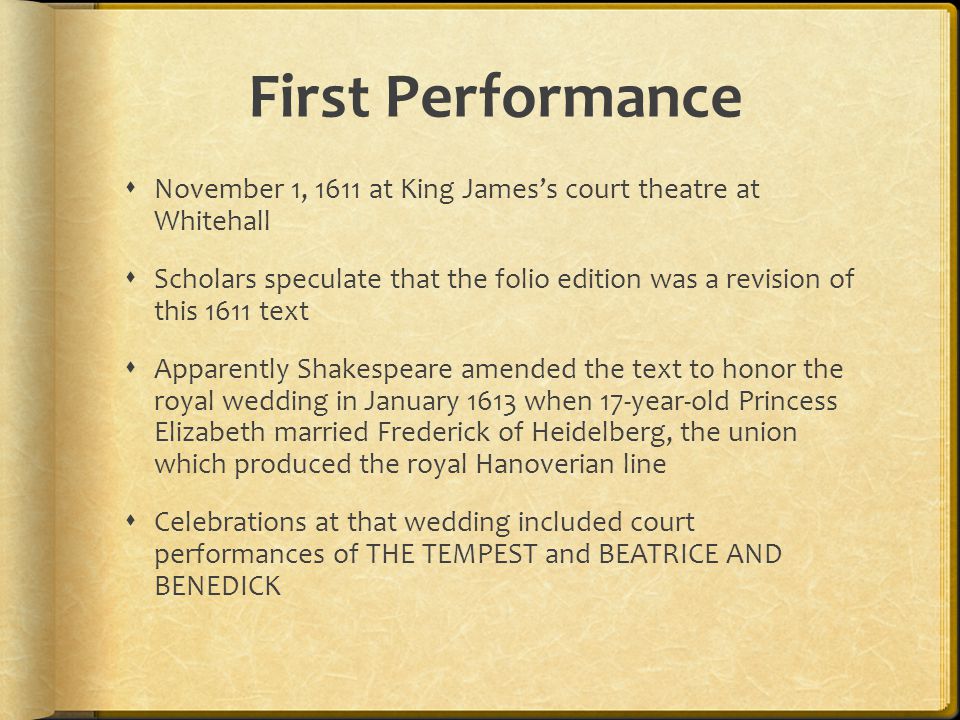


"Cehennem bosalmis, seytanlarin hepsi burada!"

-
Nu vucutlari nazikce betimleyen mermer heykelleriyle taninan Italyan heykeltiras Antonio Canovanin dogum yil donumu (1 Kasim 1757)
Le Tre Grazie (The Three Graces, 1813-1816) mermer, 182 cm, Ermitaj Muzesi, St. Petersburg

-
Amerikali sair, roman ve kısa oyku yazari Stephen Cranenin dogum yil donumu (1 Kasim 1871)
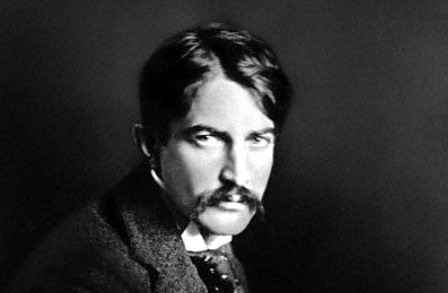
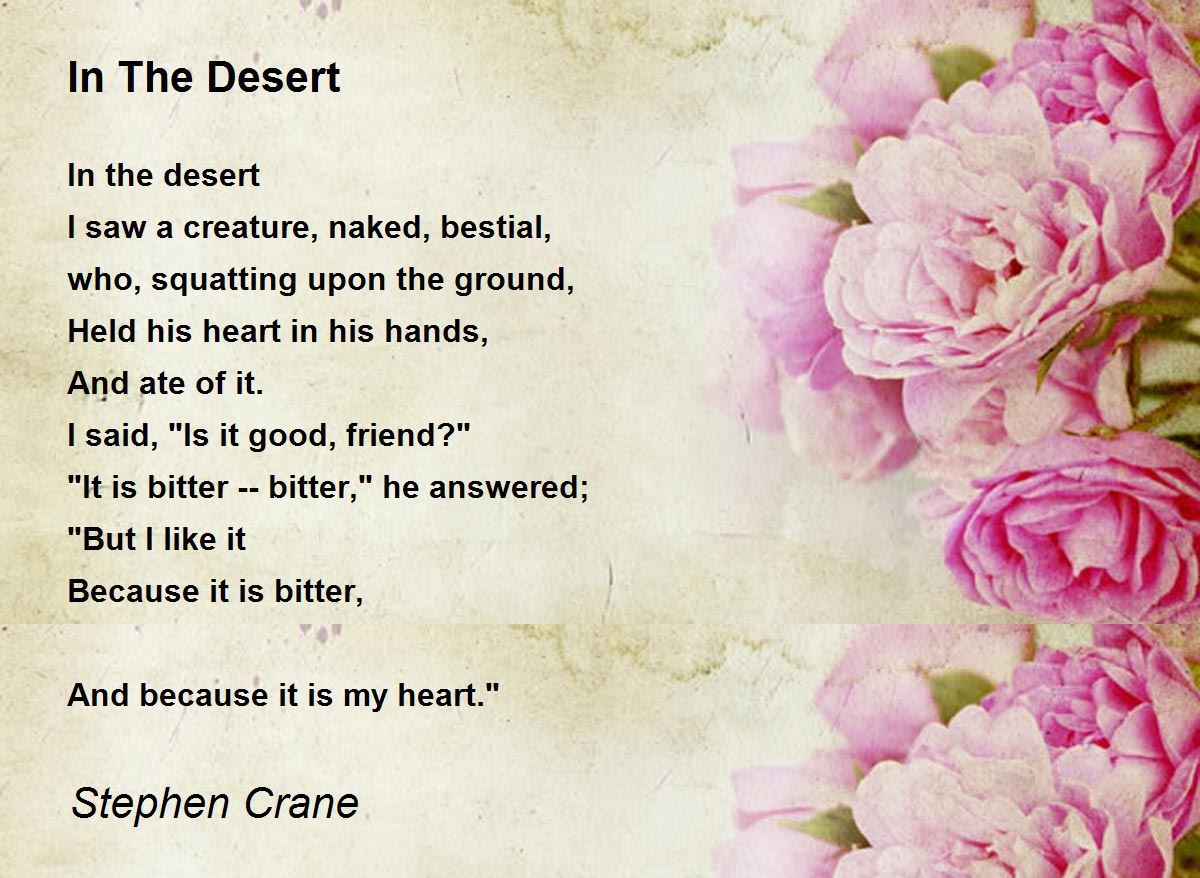
Bir yaratik gordum, ciplak, hayvana benzeyen,
O, comelerek yerin uzerinde,
Kalbini ellerinin arasinda tuttu,
Ve ondan yedi.
Dedim, Arkadasim, o iyi mi?
Aci- aci, diye cevap verdi;
Fakat ben severim onu,
Aci oldugu icin,
Ve cunku o benim kalbim.
-
T. S. Eliot'in Katedralde Cinayet oyunu ilk kez 1 Kasim 1935de Londrada Canterbury Festivalinde sahnelendi.
Oter mi o kus Guneyde?
Firtinanin karaya surukledigi, deniz kusudur haykiran sadece.
Baharin belirtisi nedir bu yil?
Eskinin olumu yalnizca: ne bir ses, ne bir filiz, ne bir esinti.
Gunler uzamaya baslar mi?
Daha uzun ve daha karanlik gun, daha kisa ve daha soguk gece.
Sakin ve bogucu hava: fakat bir ruzgar toplanir Doguda.
Ac karga tunemis tarlada, dikkat kesilmis; ve ormanda
Tekrar tekrar calar baykus olumun bos notasini.

Does the bird sing in the south?
Only the sea-bird cries, driven inland by the storm.
What sign of the spring of the year?
Only the death of the old: not a stir, not a shoot, not a breath.
Do the days begin to lengthen?
Longer and darker the day, shorter and colder the night.
Still and stifling the air: but a wind is stored up in the East.
The starved crow sits in the field, attentive; and in the wood
The owl rehearses the hollow note of death.
-
Avusturyali yazar ve buyuk Modernistlerden Hermann Brochun dogum yil donumu (1 Kasim 1886)
Tanridan yansiyan flut ezgileri; butun bunlar Vergilius icin, yeryuzunu saran gok kubbe gibi, onu sonsuzluga goturmek uzere kucaklamaya neredeyse hazir bir goruntuden daha ileri bir anlam tasimis miydi? Dogustan topragin adamiydi, yeryuzu hayatinin huzurunu seven biriydi; topraga bagli bir toplumda gececek, sade ve guven dolu bir omre uygun bir insan; kokleri geregi yerlesip kalmasina izin verilmis, dahasi yerlesmeye zorlanmis biri; ayni zamanda da, daha yuce bir kader geregi, yurdundan ne kopabilmis ne de orada kalabilmis biri; bu kader, onu otelere, toplumun disina suruklemis, kalabaliklar icersinde dusunulebilecek en ciplak, en kotu, en vahsi yalnizligin icine atmisti; onu kokeninin yalinligindan koparmis, ucsuz bucaksizliga, gittikce buyuyen bir cesitlilige dogru kovalamisti; boylece buyuyen, sinirsizliga acilan, sadece gercek hayat ile arasindaki uzaklik olmustu; evet, gercekten de yalnizca bu uzaklikti buyuyen: Vergilius, hep kendi tarlalarinin sinirlarinda gezinmis, her zaman kendi hayatinin sinirboylarinda kalmisti; huzur nedir bilmeyen bir insan; olumden kacarken olumu arayan, eser vermek isterken eserden kacan biri; bir asik, ama yine de hep kovalanmaya yargili, gerek ic gerekse dis dunyanin tutkulari arasinda yolunu kaybetmis, kendi hayatina sadece konuk olabilmis biri.

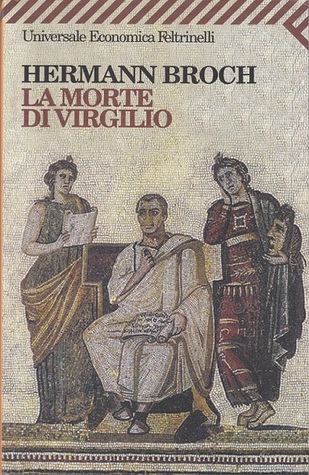
Had the flute-tone of the god ever meant anything else to him than a circumstance which, like a receptacle of the spheres, was soon to draw him into itself, to bear him into immensity? He had been a peasant from birth, a man who loved the peace of earthly life, one whom a simple secure life in a village community would have fitted, one for whom because of his birth it would have been seemly to be allowed, even to be forced to abide there, but who in conformity with a higher destiny was not allowed to be free from nor free to stay at home; this destiny had pushed him out from the community into the nakedest, direst, most savage loneliness of the human crowd, it had hunted him from the simplicity of his origins, hunted him abroad into the open, to ever-increasing multiplicity, and if thereby something had become greater and broader, it was only the distance from real life verily it was this distance alone which had grown. Only at the edge of his fields had he walked, only at the edge of his life had he lived. He had become a rover, fleeing death, seeking death, seeking work, fleeing work, a lover and yet at the same time a harassed one, an errant through the passions of the inner life and the passions of the world, a lodger in his own life.
-
Ingiliz yazar ve sair Adsiz Sansiz Bir Jude (Jude The Obscure) romanini 1 Kasim 1895 tarihinde yayinladi.
Olum onlari ayirana dek hayatlarinin her aninda, bundan onceki haftalarda hissettikleri ve arzuladiklari gibi, bundan sonra da aynen boyle kalacaklarina, hissedeceklerine ve arzulayacaklarina yemin ettiler. Dikkate deger olan, kimsenin onlarin yemin ettigi seye sasirmamasiydi.
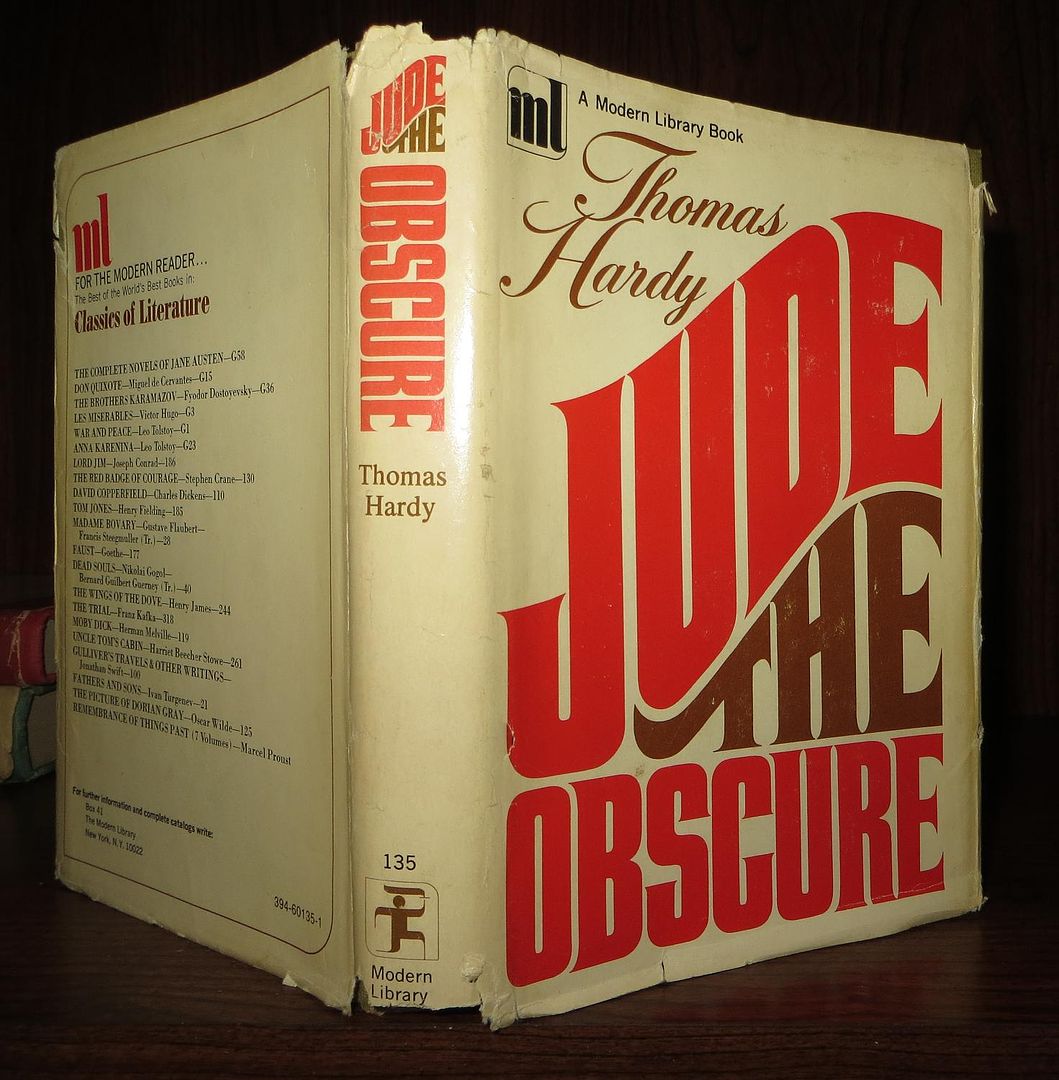
The two swore that at every other time of their lives till death took them, they would assuredly believe, feel, and desire precisely as they had believed, felt, and desired during the few preceding weeks. What was as remarkable as the undertaking itself was the fact that nobody seemed at all surprised at what they swore.
-
Fransiz oyun ve roman yazari, sair Alfred Jarrynin olum yil donumu (1 Kasim 1907)

UBU BABA : Ey sevgili dostlarim, komplo planinin kararlastirilacagi buyuk an geldi. Herkes kendi fikrini soylesin, once ben kendiminkini soyleyecegim, izin verirseniz.
YUZBASI BORDUR Konusunuz, Ubu Baba!
UBU BABA : Simdi, dostlarim, ben cok basitce yemegine arsenik tikarak Kral'i zehirlemekten yanayim. Otlandigi anda olececektir; ve... ben de kral olurum.
HEPSI : Yuh, terbiyesiz herif.
UBU BABA : Eee n'olmus? Hosunuza gitmedi mi? O zaman Yuzbasi Bordur fikrini soylesin.
YUZBASI BORDUR : Ben derim ki, ona, kafasindan karnina kadar yaracak olan buyuk bir kilic darbesi eklestirmekten yanayim.
HEPSI : Evet, iste soylu ve kahramanca olan bu.


PAPA UBU : Hey! my good friends, its high time we formulated a plan of action. Everybodyll give their opinion. Ill give mine first, if youll permit.
BORDURE : Speak, Papa Ubu.
PAPA UBU : Hey well, my friends, my idea is simply to poison the king by putting arsenic in his lunch. Then when he goes to taste it, hell drop dead, and so I will be king.
ALL : Fi, the sagouin!
PAPA UBU : Hey what, doesnt it please you? Then let Bordure share his idea.
BORDURE : I think we should give him a big stroke of a sword that will split him from the head to the belt.
ALL : Yes! Voilà! That is noble and valiant.
-
Filistin-Ingiliz asilli Amerikan vatandasi karsilastirmalı edebiyat profesoru ve teorisyen Edward W. Saidin dogum yil donumu (1 Kasim 1935)
Insan salt ozel alanda kalarak entelektuel olamaz, zira sozcukleri kagida dokup yayimladiginiz anda kamusal dunyaya girmissiniz demektir. Salt kamusal alana ait, sadece bir hareket, dava ya da konumun sozcusu veya simgesi olan bir entelektuel de olamaz. Sahsi tini, kisiye ozgu duyarlilik diye bir sey vardir; soylenen ya da yazilan seylere de bu anlam verir. Hele bir entelektuelin dinleyicileri mutlu etmesi diye bir sey soz konusu olamaz; isin ozu SIKINTI verici, aykiri, hatta keyif kacirici olmaktir.

There is no such thing as a private intellectual, since the moment you set down words and then publish them you have entered the public world. Nor is there only a public intellectual, someone who exists just as a figurehead or spokesperson or symbol of a cause, movement, or position. There is always the personal inflection and the private sensibility, and those give meaning to what is being said or written. Least of all should an intellectual be there to make his or her audiences feel good: the whole point is to be embarrassing, contrary, even unpleasant.
 Gönderi Kuralları
Gönderi Kuralları
- Yeni konu açamazsınız
- Konulara cevap yazamazsınız
- Yazılara ek gönderemezsiniz
- Yazılarınızı değiştiremezsiniz
-
Forum Rules



Yer İmleri